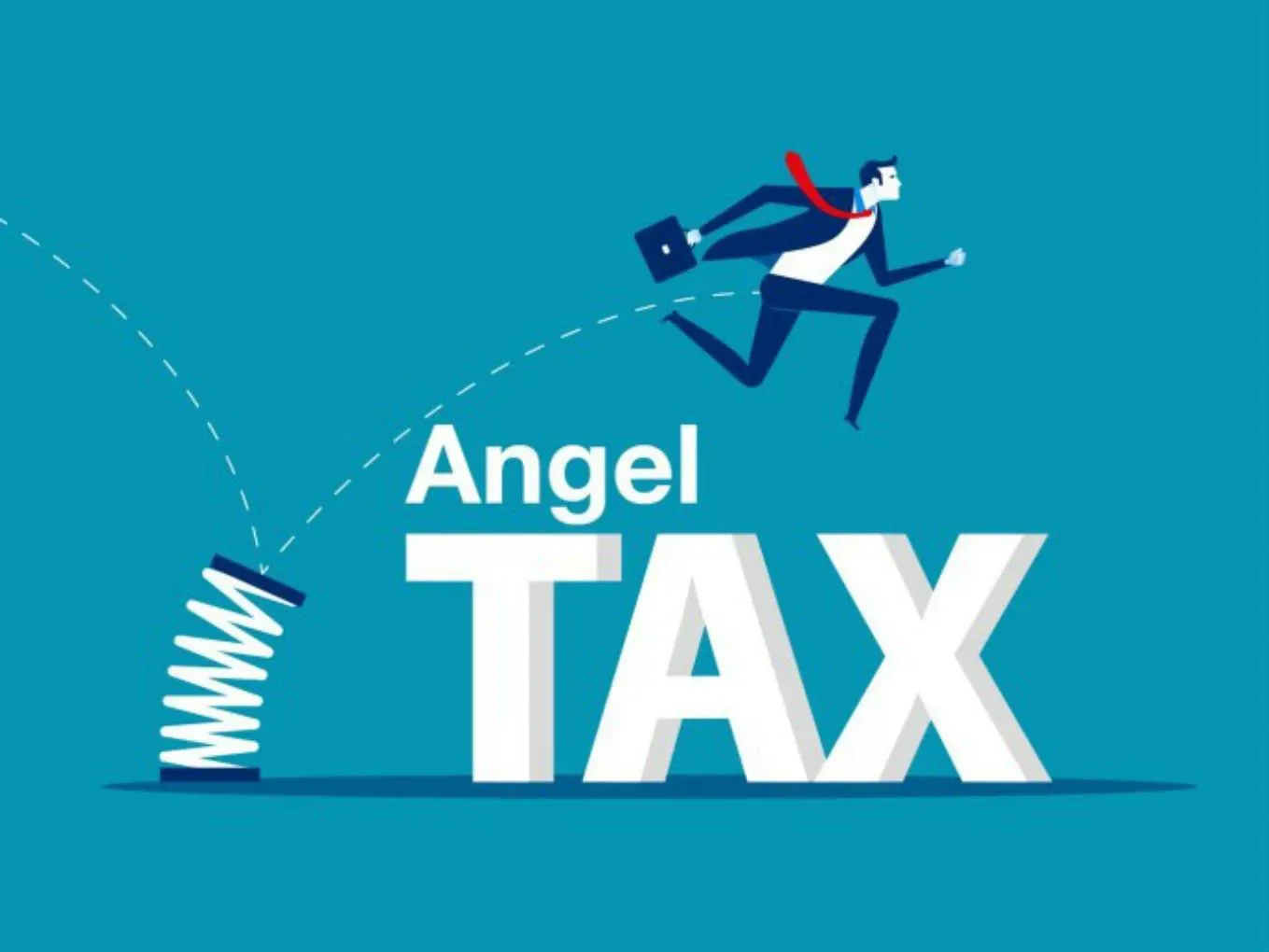About Angel Tax:
- It was levied on the capital raised via the issue of shares by unlisted companies from an Indian investor if the share price of issued shares is seen in excess of the fair market value of the company.
- The excess funds raised at prices above fair value are treated as income, on which tax is levied.
- It derives its genesis from section 56(2) (viib) of the Income Tax Act, 1961.
- It was first introduced in 2012 to prevent black money laundering through share sales.
- It was levied at a rate of 30.9% on net investments in excess of the fair market value.
- In 2019, the Government announced an exemption from the Angel Tax for startups on fulfillment of certain conditions. These are,
- The startup should be recognized by the Department for Promotion of Industry and Internal Trade (DPIIT) as an eligible startup.
- The aggregate amount of paid-up share capital and share premium of the Startup cannot be more than ₹25 crores. This amount does not include the money raised from Non-Resident Indians (NRIs), Venture Capital Firms, and specified companies.
- For angel investors, the amount of investment that exceeds the fair market value can be claimed for a 100% tax exemption.
- However, the investor must have a net worth of ₹2 crores or an income of more than ₹25 Lakh in the past 3 fiscal years.
Q1: What are venture capital funds?
Venture capital funds are pooled investment funds that manage the money of investors who seek private equity stakes in startups and small- to medium-sized enterprises with strong growth potential. These investments are generally characterized as very high-risk/high-return opportunities.
Last updated on June, 2025
→ UPSC Notification 2025 was released on 22nd January 2025.
→ UPSC Prelims Result 2025 is out now for the CSE held on 25 May 2025.
→ UPSC Prelims Question Paper 2025 and Unofficial Prelims Answer Key 2025 are available now.
→ UPSC Calendar 2026 is released on 15th May, 2025.
→ The UPSC Vacancy 2025 were released 1129, out of which 979 were for UPSC CSE and remaining 150 are for UPSC IFoS.
→ UPSC Mains 2025 will be conducted on 22nd August 2025.
→ UPSC Prelims 2026 will be conducted on 24th May, 2026 & UPSC Mains 2026 will be conducted on 21st August 2026.
→ The UPSC Selection Process is of 3 stages-Prelims, Mains and Interview.
→ UPSC Result 2024 is released with latest UPSC Marksheet 2024. Check Now!
→ UPSC Toppers List 2024 is released now. Shakti Dubey is UPSC AIR 1 2024 Topper.
→ Also check Best IAS Coaching in Delhi






















